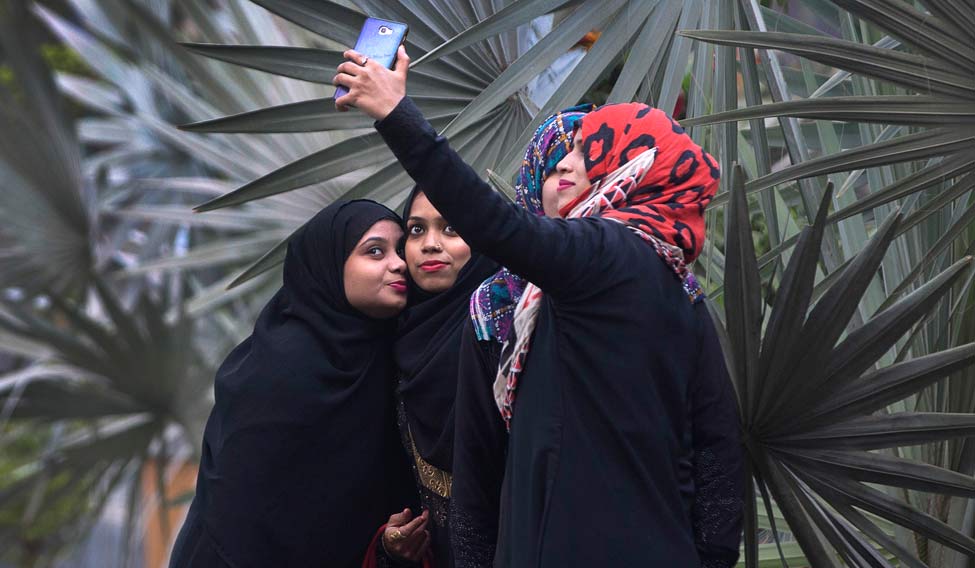Narendra Modi led government is facing an acid test in Rajya Sabha as the upper house is all set to take up the triple talaq bill on Wednesday. With the government lacking majority in the house, the Congress' decision will be crucial and the principal opposition party is likely to heed the demands of its allies who want the bill to be sent to a select committee. Opposition parties allege that the government has brought the law in a hurry to get political mileage and cause communal polarisation. They also accuse the government of introducing a criminal aspect to marriage, which is a civil contract in Islam. The Lok Sabha, where the ruling alliance enjoys clear majority, has already passed the bill.
As the war of words continues, here is a quick peek at the Muslim Women (Protection of Rights on Marriage) Bill, 2017, otherwise called triple talaq bill.
What is the bill about?
The bill makes all declaration of talaq or talaq-e-biddat void and illegal. According to Clause 3 of the bill, "Any pronouncement of talaq by a person upon his wife, by words, either spoken or written or in electronic form or in any other manner whatsoever, shall be void and illegal."
Talaq-e-biddat: This is the practice under Muslim personal laws where pronouncement of the word ‘talaq’ thrice in one sitting by a Muslim man to his wife results in an instant and irrevocable divorce.
Punitive measures
The triple talaq bill makes declaration of talaq a cognizable and non-bailable offence. (A cognizable offence is one for which a police officer may arrest an accused person without warrant.)
Clause 4 says “Whoever pronounces talaq referred to in section 3 upon his wife shall be punished with imprisonment for a term which may extend to three years and fine.”
Clause 7 further says: “Notwithstanding anything contained in the Code of Criminal Procedure, 1973, an offence punishable under this Act shall be cognizable and non-bailable within the meaning of the said Code.”
Allowance
Clause 6 of the bill says “A married Muslim woman shall be entitled to custody of her minor children in the event of pronouncement of talaq by her husband, in such manner as may be determined by the Magistrate.”
Custody of minor children
A Muslim woman against whom such talaq has been declared, is entitled to seek custody of her minor children. The determination of custody will be made by the Magistrate.





